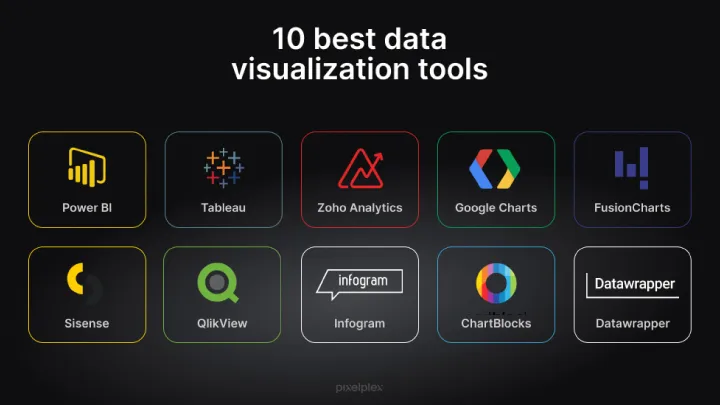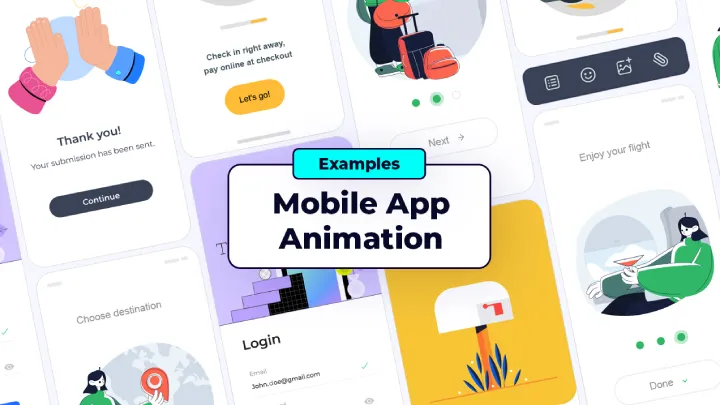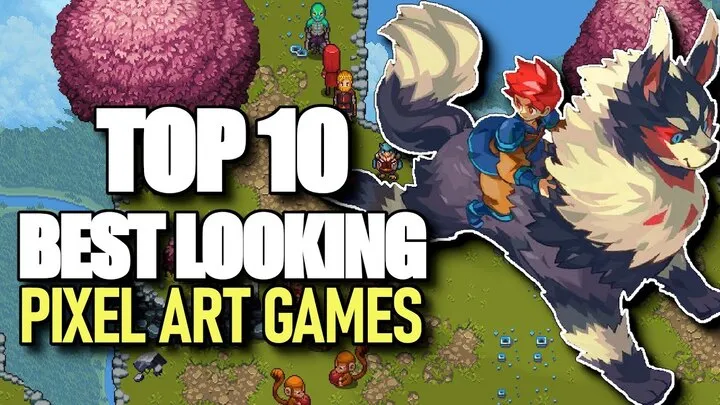Introduction
Animal Crossing: New Horizons (ACNH) is not just a game about building and decorating islands; it also features a complex economic system that mirrors real-world principles. Players engage in activities such as trading, resource management, and crafting, all of which contribute to the game's unique economy. This article delves into the intricacies of the economic system in ACNH, exploring how it functions, its impact on gameplay, and the strategies players use to thrive within this vibrant virtual economy.
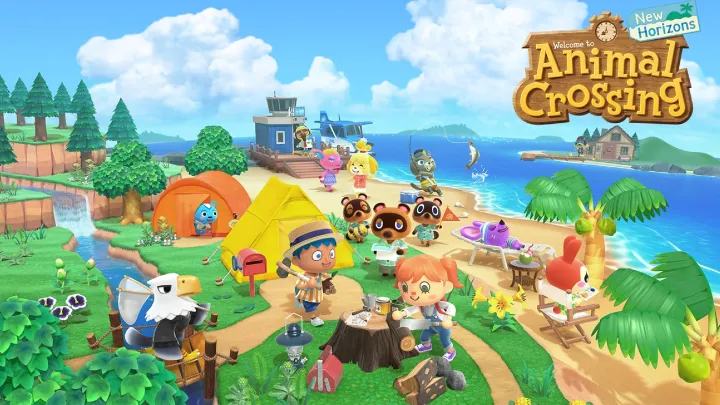
The Currency of ACNH: Bells
Understanding Bells
In ACNH, the primary currency is Bells, which players use to buy items, pay off loans, and engage in various transactions.
Earning Bells
- Selling Items: Players can sell resources, crafted items, and fish to Nook’s Cranny or to other players.
- Completing Tasks: Engaging in activities such as catching bugs or fishing can yield valuable items that can be sold for Bells.
- Fossil Donations: After donating fossils to the museum, players can sell duplicates for extra income.
The Value of Different Items
The value of items can fluctuate based on rarity and demand. For example, rare fish and bugs fetch higher prices, incentivizing players to seek them out.
Market Trends
Players often engage in discussions about market trends, sharing insights on which items are currently valuable. This interaction creates a dynamic trading environment where players can capitalize on market fluctuations.
Crafting and Resource Management
The Crafting System
Crafting is a fundamental aspect of ACNH's economy, allowing players to create items from gathered resources. This system encourages resource management and strategic planning.
DIY Recipes
Players collect DIY recipes to craft furniture, tools, and decorative items. The availability of these recipes adds depth to the crafting system, as players must gather specific materials to create desired items.
Resource Gathering
Players engage in various activities to gather resources, including:
- Fishing: Catching different types of fish for both selling and crafting.
- Bug Catching: Collecting bugs not only for selling but also for crafting specific items.
- Foraging: Gathering fruits, flowers, and wood from trees and bushes.
Balancing Resources
Managing resources effectively is crucial for success in ACNH. Players must decide how much to sell versus how much to keep for crafting or future projects.
The Role of Nook’s Cranny
The In-Game Store
Nook’s Cranny serves as the primary marketplace where players buy and sell items. This store is a hub for economic activity and resource exchange.
Daily Stock Changes
The inventory at Nook’s Cranny changes daily, encouraging players to visit regularly to discover new items. This system creates a sense of urgency, as players may miss out on limited-time items.
Special Events and Sales
Nook’s Cranny also hosts special events, such as seasonal sales and holiday promotions. These events provide opportunities for players to purchase exclusive items and engage in themed activities.
The Trading System
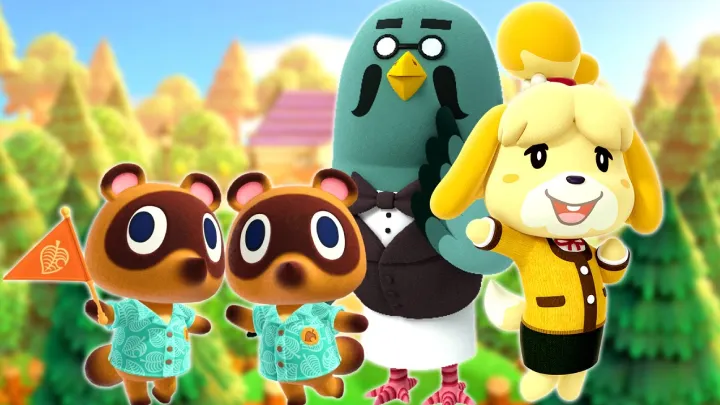
Player-to-Player Trading
ACNH supports a vibrant player-to-player trading system, where players can exchange items, resources, and Bells.
Trading Strategies
Players often develop strategies for trading, such as:
- Item Value Assessment: Understanding the market value of items to negotiate better trades.
- Networking: Building relationships within the community to facilitate trades and access rare items.
Online Trading Communities
The rise of online trading communities has transformed the trading landscape. Players can connect with others to trade items and resources, expanding their options beyond their personal islands.
Economic Challenges and Opportunities
Managing Debt
Players start the game with a loan from Tom Nook for their initial home. Managing this debt adds a layer of economic strategy to the gameplay.
Paying Off Loans
Players must earn Bells to pay off their loans, which encourages engagement with various economic activities. This mechanic creates a sense of achievement as players work towards financial independence in the game.
Market Fluctuations
Just like in real-world economies, ACNH experiences market fluctuations. Players may find that the value of certain items changes based on supply and demand, influencing their selling strategies.
Seasonal Changes and Economic Impact
Seasonal Events
ACNH features seasonal events that impact the economy. During these events, specific items become available, creating temporary spikes in demand.
Limited-Time Opportunities
Players often prepare for seasonal events by stockpiling resources and items, anticipating increased demand and potential profits. This strategic planning adds depth to the economic experience.
Changing Prices
As seasons change, so do the prices of certain goods. For example, summer insects may sell for higher prices than those available in winter. Understanding these patterns is essential for maximizing profits.
Conclusion
The economic system in Animal Crossing: New Horizons is a complex and engaging aspect of the game that enhances the overall experience. Through resource management, crafting, trading, and participating in a dynamic marketplace, players navigate a vibrant economy that mirrors real-world principles. As players engage with this system, they not only find joy in the gameplay but also develop strategic thinking and problem-solving skills. The economic depth of ACNH is a testament to its design, making it a beloved title among gamers seeking both relaxation and challenge.










